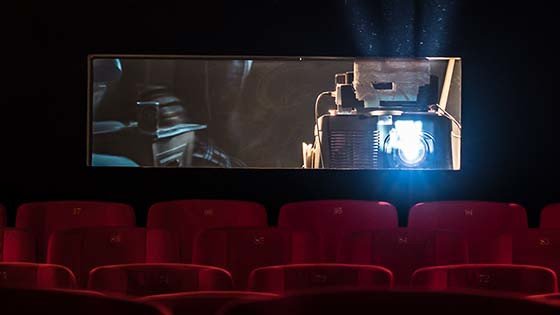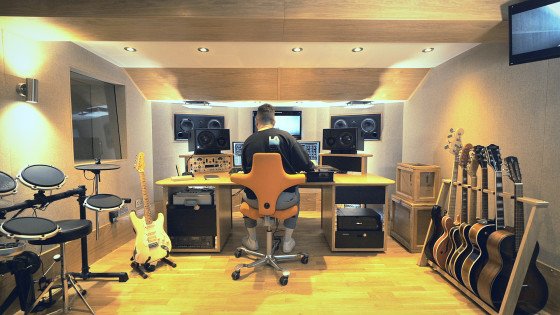Skill and human experience — both valuable and respected, but not the same.
Experience is about knowing which lever to pull. Skill is the lever itself. More simply, skill is possessing the thing, and experience is knowing how to use it.
Emerging tech trends, such as generative AI or machine learning, can replicate neither. So why do we perceive them as threats?
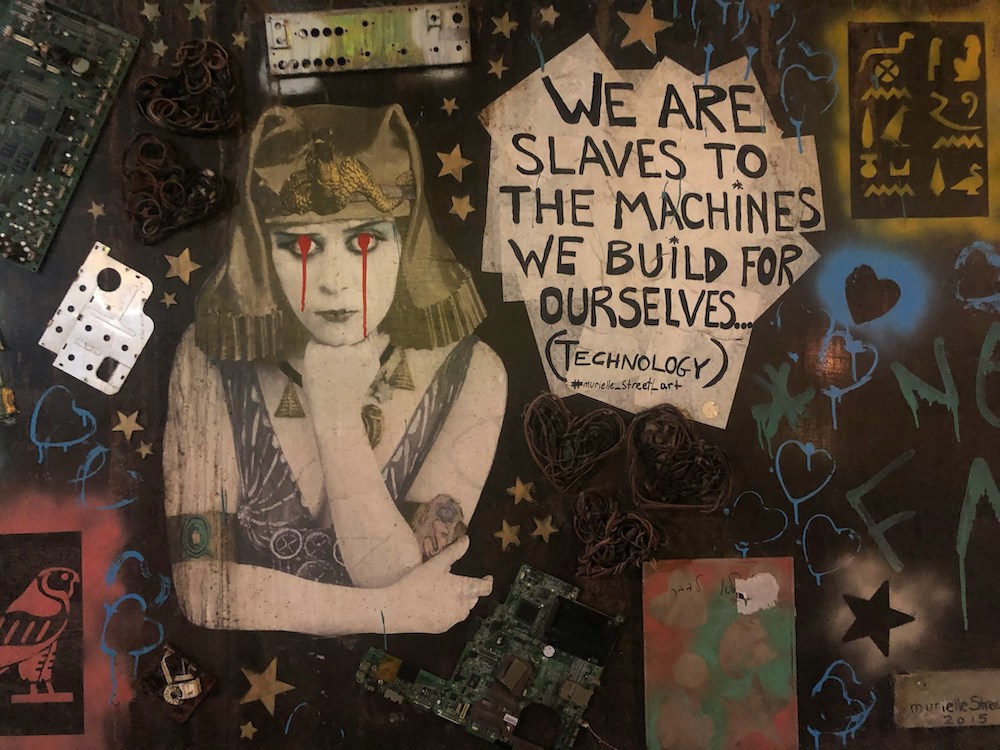
Skill vs. Experience (vs. Technology)
In our experience, it’s easy to conflate skill and expertise, prompting clients to ask themselves which to value highest. Experience is relevant if it satisfies the client faster, more enjoyably, or cost-effectively.
A good partner — or collaborator — shouldn't just do as they're told; they should bring their insight and expertise on products, tools, or procedures so the client gets the best results they can with the least friction.
The collaborator’s job is to identify and flag potential technical or creative roadblocks that could derail the project. More importantly, they need to bring an alternative solution: a different way to achieve the desired outcome.
It isn't good enough to say, "That won't work," or "Here's the problem with that," if you can't offer a different route to the end goal.
New technologies can be a practical middle ground, operating on a similar wavelength to the human experience. They can analyse plenty of scenarios and deliver what is statistically the best solution.
But here’s the issue: tech delivers a statistical equation based on probability, not suitability. For suitability, you need a human touch.
The Power of the Human Experience
If you ask any creative how to get the best result, 99% will answer, "It depends." That's because, unlike generative algorithms, one size rarely fits all.
Human experience is similar. It's about having been around the block a few times and knowing what tools to use in varying situations - like which mic to use or how to write a great script. It's challenging your knowledge to gain greater understanding and create something new.
These decisions don’t come from a statistical place that artificial intelligence delivers from; they’re not made based on the fact it works 7/10 times or worked for x artist or y brand. It's an approach based on how best to move a project forward — one based on instinct.
Ultimately, true creativity happens when people try original ideas they — or perhaps nobody — have yet to attempt. They apply their approach to what, at first glance, seems unrelated, and that moves the needle.
Artificial intelligence and technology itself aren't designed to do that — at least not yet.
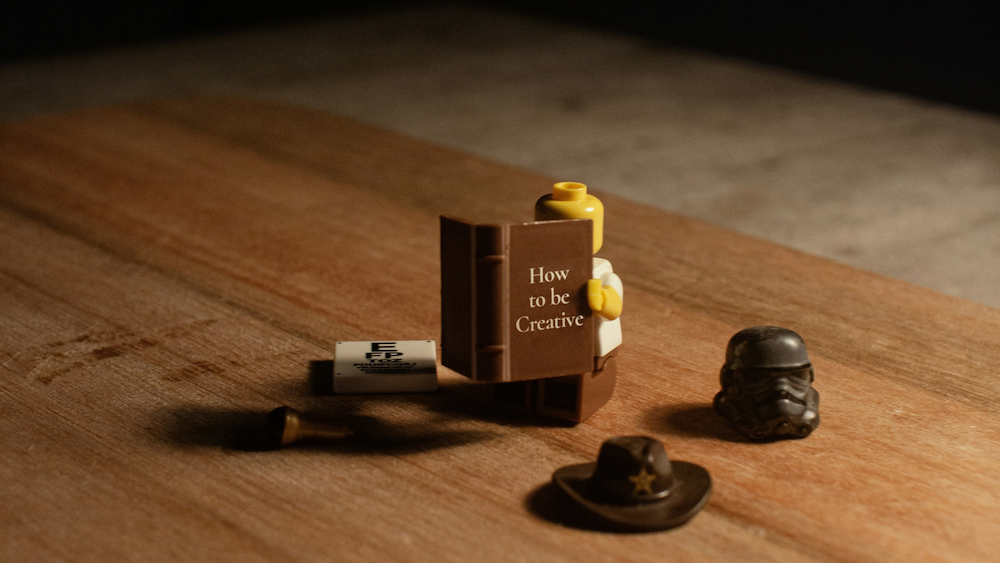
AI relies on analysis, patterns, and repeat outcomes people have attempted in similar scenarios. It doesn't look for a new way or a path outside of a generated data set, and that's where human instinct comes into play, linking seemingly unrelated ideas to solve problems or create new forms.
And isn't that the very heart of what it means to evolve?
Disrupting Algorithms With Gut Instinct
So, what is the role of gut instinct in a newly data-driven world?
Some of the greatest inventions and creations were borne from pure conviction in the face of defiant negativity — or, at least, the inclination to try.
Take YouTube, for example. Its inventors intended it to be a dating site similar to Facebook with video, the failure of which led the creators to open the video site to everyone, and the viral video phenomenon was born.
Go back 100 years, and the owners of the still-fledgling Caterpillar brand had the brainwave of wrapping the tracks that stopped the heavy vehicle wheels from sinking into the mud around the actual wheels themselves, something nobody had thought of before. This idea birthed one of the world’s most successful construction equipment companies.
In the same way, guitarists in the '60s discovered they could make guitar amps distort — blowing '50s twang' away in the process — and 1990s producers used the sound of Akai sampler inputs overloading to create a dark, intense sound that spawned a host of seminal albums and soundtracks.
It's doubtful any of these ideas would have come from a statistical (or algorithmic) study of past behaviours.
Trying something that algorithms would likely discard if evaluated on a statistical chance-of-success basis might just be your shot at a golden ticket, or a lighthouse in an overwhelming sea of blockers.
After all, isn't it hard enough to harness those raw creative ideas and trust yourself enough to follow through?
This isn't to ignore the enormous issue of using existing art, songs, movies, and photographs to train AI so they can recreate or riff off of. While nobody knows where this dangerous path is headed, there's a real likelihood that its success will create an artistic environment where all media is simply a variation of something else.
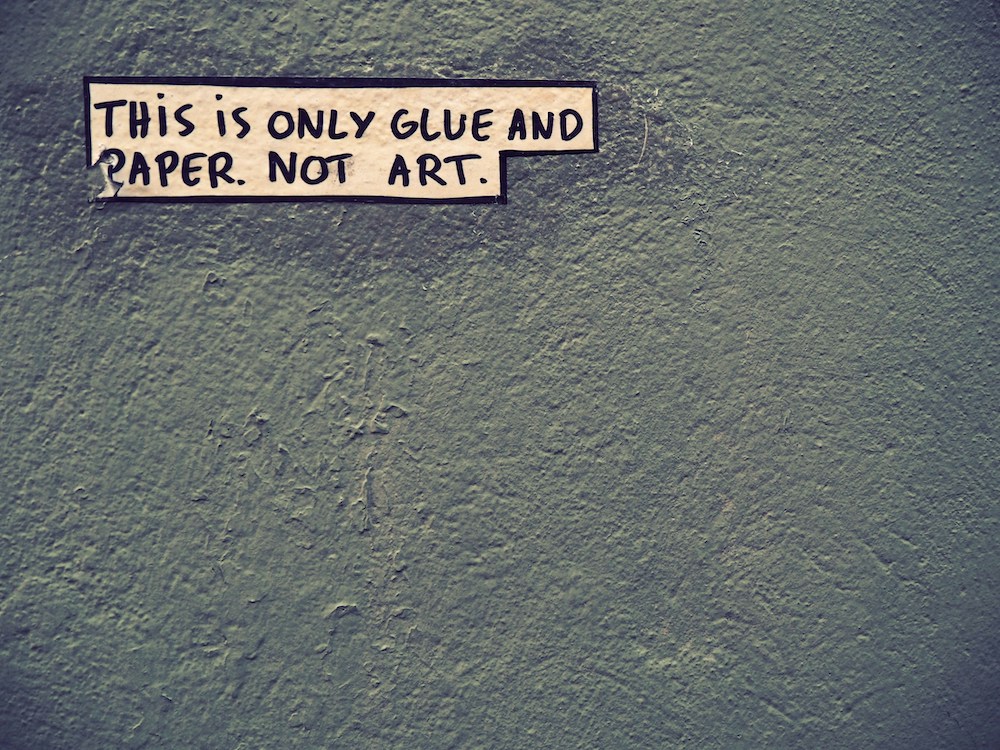
Think about it: derivative pastiches tend to dominate digital spaces and social channels. Why? Because they’re often quick, catchy, easy to digest, familiar, and most pertinent to the business side of things, they’re cheap to produce.
If left unattended, you're staring into the face of substanceless plagiarism and watered-down design-by-committee.
So, how can we, as creatives, ensure that doesn't happen?
Through Skill and Human Experience
Experience and skill have these roles:
- To see what algorithms don't
- To apply unrelated thoughts to solve challenges creatively
Human experience balances the big picture with detailed execution. It knows that presenting a mix back to a client seeking energy on loud, expansive surround sound speakers is a better way of getting them to sign off than sending it over to them to listen on their laptop in their own time.
Likewise, playing the same mix at softer levels for a client concerned that the track is too "in your face" or distracting will get the same desired outcome — the same mix, but with the human experience to adapt and move things forward.
Experience is knowing which levers to pull and when and taking a client's wishes and desires into the creative process.
A better way of saying how useful this is, is to imagine how a project would look without it. How confident would you be to rely on a partner who's never done anything vaguely like what you're after? You've got an electrician preparing steak tartare — nosh it down and hope for the best.
Experience is a safety net. It's the comfort of knowing you don't have to worry about certain things because God knows you've got enough to worry about.

It's peace of mind that your collaborator has your back and knows not only how to resolve any sticky patches but avoid them in the first place. Experience brings prevention, not just a cure.
Skill is the ability to turn an idea or request into a desirable outcome and to use knowledge effectively and readily in execution and performance.
Because how helpful is it to have original ideas or data-driven insights if you don't have somebody who can turn those into something tangible and meaningful?
So what does it mean to deliver something satisfactory and reach beyond the horizon to develop an idea drawn from multifaceted skill sets? Not just knowing what to put into a future project, but also knowing what to leave out or choose to ignore?
Artificial intelligence and emerging technologies can't tell you what not to do on your specific project; they can only draw on what's already been made and tell you what they did.
Why would you want to be a single voice in a choir of what’s gone before? Technology may be the future, but great ideas are original and timeless.
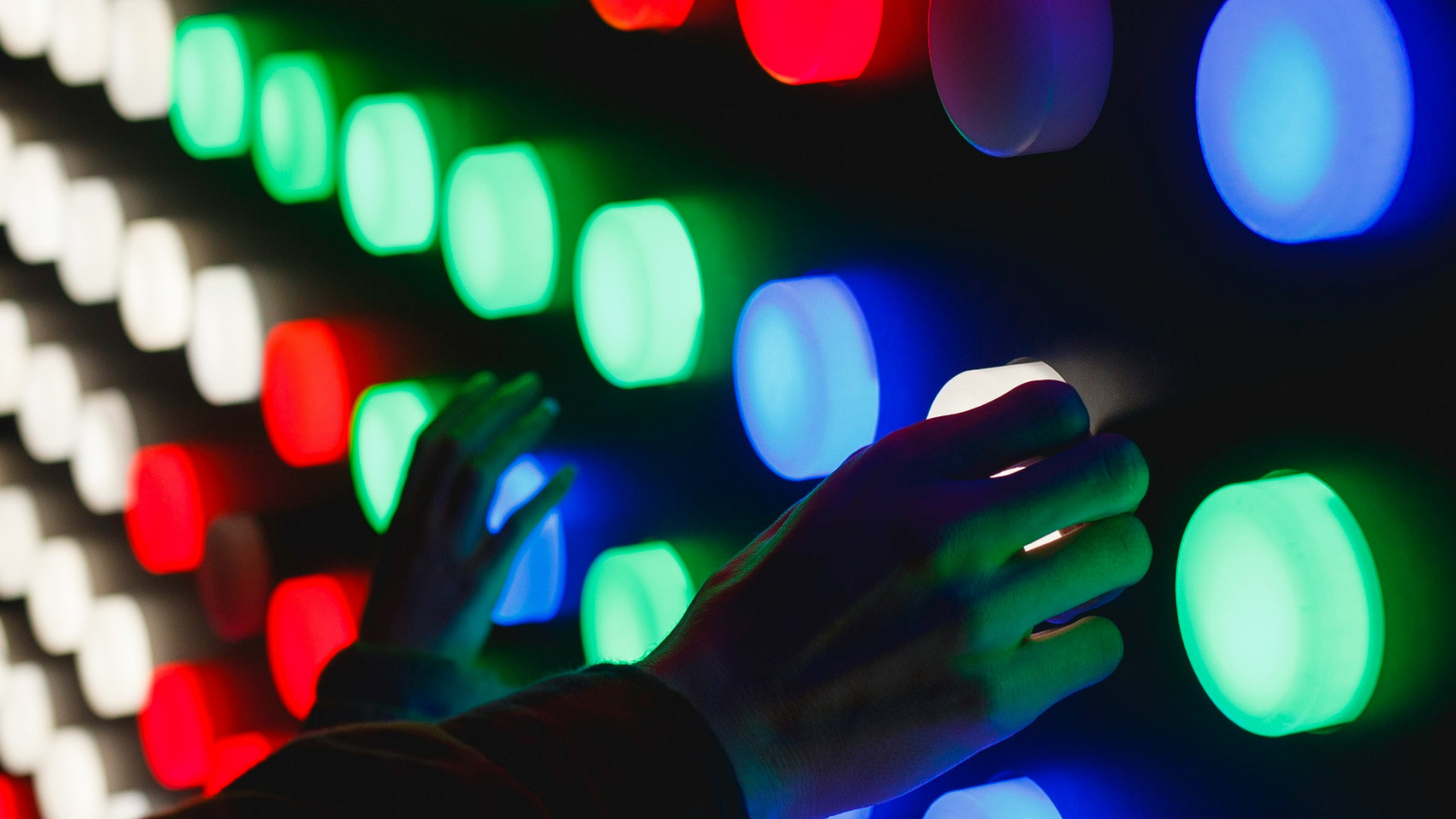
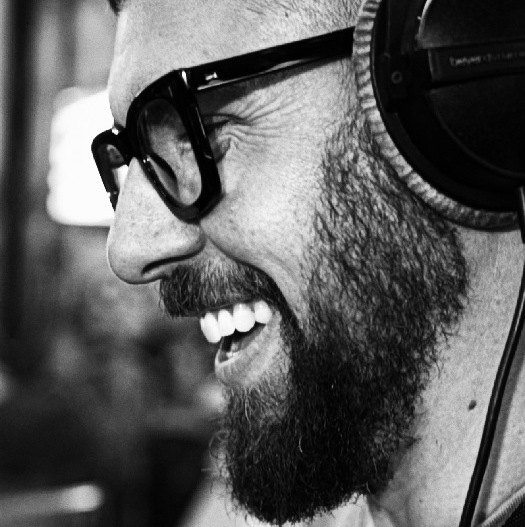
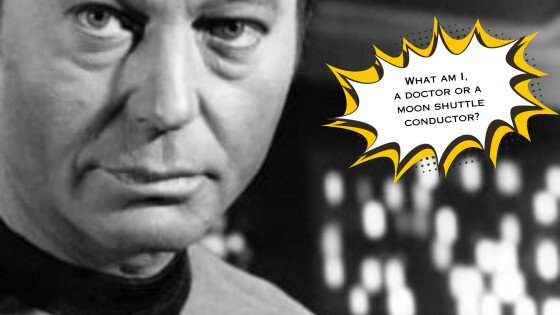
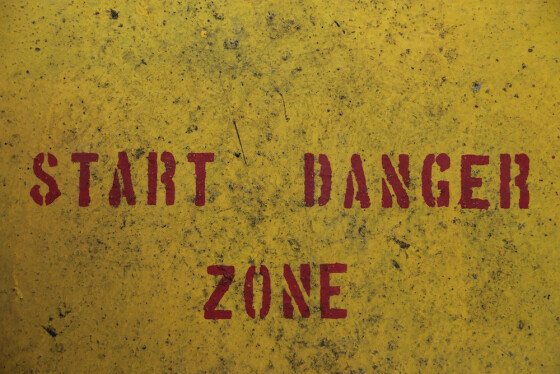
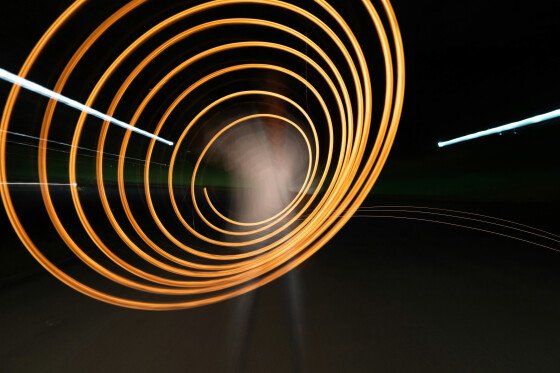
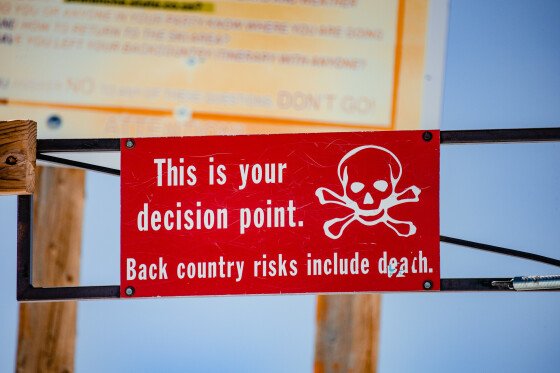
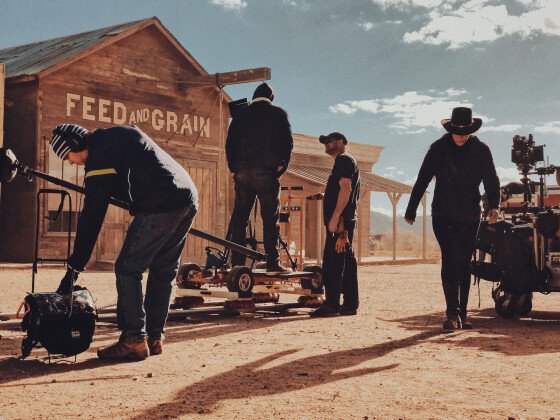
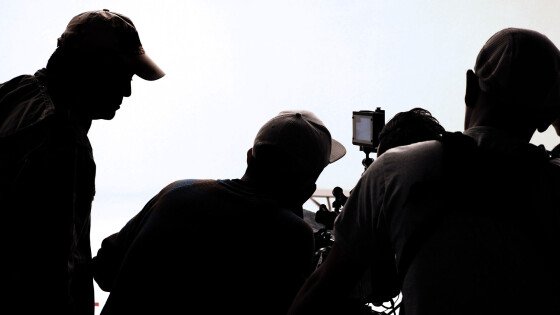
-list_image.jpg)
